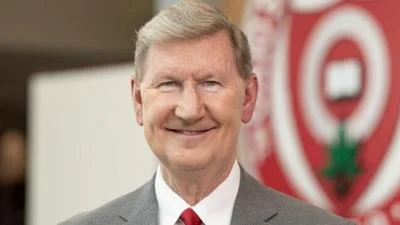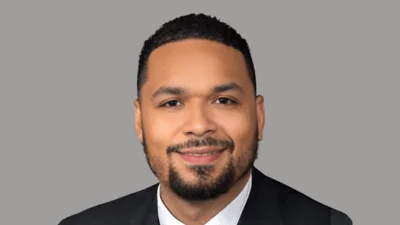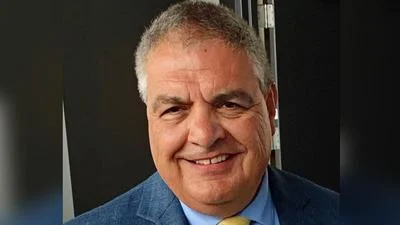Walter “Ted” Carter Jr. President at Ohio State University | Official website
Walter “Ted” Carter Jr. President at Ohio State University | Official website
In August, The Ohio State University will welcome the first cohort of its Engaged Scholars Academy. This inaugural group consists of 16 tenure-track faculty members from eight different colleges. Throughout the 2025-2026 academic year, participants will meet as a cohort eight times to engage in programming focused on professional development, research best practices, and understanding community issues across Ohio.
Jason Reece, vice provost for urban research and community engagement, emphasized the program's goal to connect faculty with community partners. "This is a great opportunity to embed some of our faculty in this community," he stated. "We will help them build relationships with community partners so they can understand the perspectives of our nonprofit organizations."
The academy sessions will be diverse, taking place both on campus and within the city. Reece plans to involve community leaders and arrange visits to local nonprofits while encouraging participants to reflect on their roles as engaged scholars. "What’s their identity as an engaged scholar?" he asked. "We want them to articulate, together, the themes that are important to them as they develop their scholarship."
Matthew Wu, an assistant professor of chemistry at the College of Arts and Sciences, expressed enthusiasm about joining the academy. His research focuses on chemical education in laboratory settings. Wu aims to incorporate more scientific civic engagement into his work. "The goal is to redefine what STEM means and broaden its relevance, application and interconnections with civic responsibility with students of all majors," he said.
Reece highlighted the importance of using a cohort model for this program. "The cohort model is really helpful, not only in building relationships between scholars but sharing insights with each other," he explained. "Peer-to-peer relationships, and the building and learning that comes with them, is what people get most excited about."
Wu also appreciates this approach: "The reason that I am specifically in an educational research field is that I like learning," he noted. He looks forward to meeting new colleagues and engaging in transformative experiences aimed at improving lived experiences for everyone involved.
Given Ohio State's size, Wu sees value in focusing beyond individual departments: “Ohio State is a really big place,” he said. “Identifying ways to plug in...is one way to ensure that my efforts can be transformed into something meaningful.”
Reece expressed excitement about seeing university scholars contribute solutions for community challenges: “This really is a fulfillment of the land-grant mission,” he remarked.
Wu shared his perspective as someone from California: “We need to know the community before we can even begin conceptualizing what service should be,” emphasizing empowerment over mere observation.






 Alerts Sign-up
Alerts Sign-up